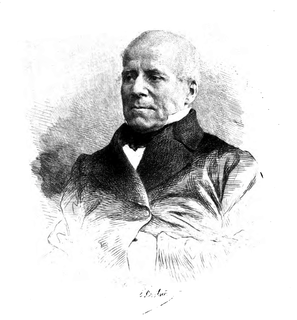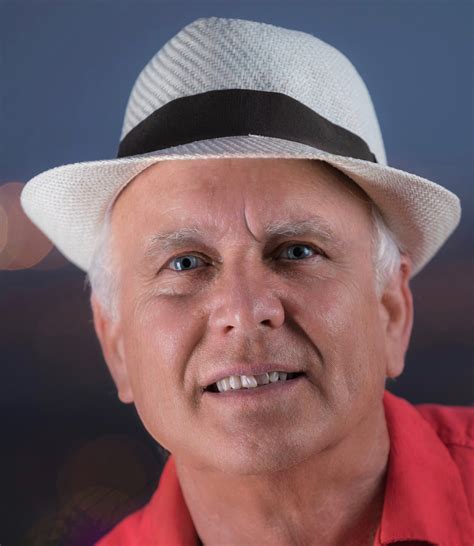A Quote by Henry Adams
By nature, man is lazy, working only under compulsion; and when he is strong we will always live, as far as he can, upon the labor or the property of the weak.
Related Quotes
When the veil of fiction was rent, man shuddered before "Nature, red in tooth and claw." Nature had always been that and always will be, and the hands of man, even when he fashions and defends the noblest civilization, must forever be bloody hands, for this is a world in which only the strong and resolute nations survive, while the weak, especially the morally weak, who babble about brotherhood and peace, are biologically degenerate and doomed to extinction.
A product of your life and liberty is your property. Property is the fruit of your labor, the product of your time, energy, and talents. It is that part of nature that you turn to valuable use. And it is the property of others that is given to you by voluntary exchange and mutual consent. Two people who exchange property voluntarily are both better off or they wouldn't do it. Only they may rightfully make that decision for themselves.
Nature's law says that the strong must prevent the weak from living, but only in a newspaper article or textbook can this be packaged into a comprehensible thought. In the soup of everyday life, in the mixture of minutia from which human relations are woven, it is not a law. It is a logical incongruity when both strong and weak fall victim to their mutual relations, unconsciously subservient to some unknown guiding power that stands outside of life, irrelevant to man.
The will to power, as the modern age from Hobbes to Nietzsche understood it, far from being a characteristic of the strong, is, like envy and greed, among the vices of the weak, and possibly even their most dangerous one. Power corrupts indeed when the weak band together in order to ruin the strong, but not before.






































